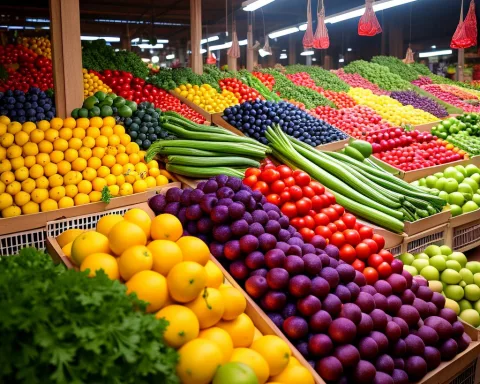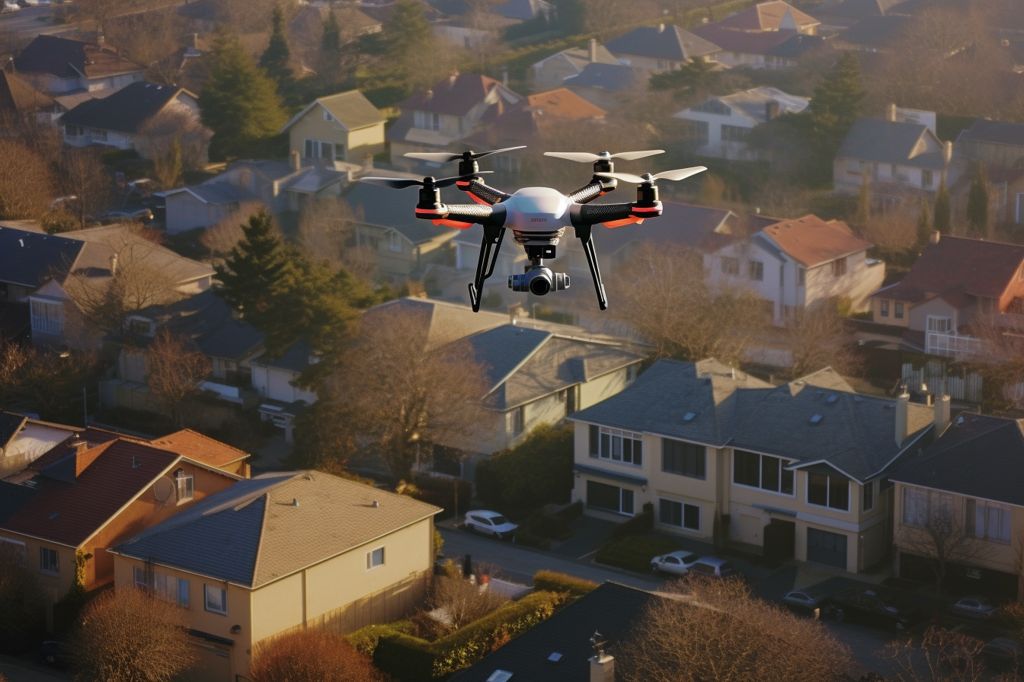Loadshedding has become a significant issue in South Africa, particularly during winter when more power is required from the national grid. These planned power outages have raised concerns about food security in the country, with the retail and agriculture industries fearing possible food shortages due to the impact of loadshedding on their operations and logistics.
The Impact of Loadshedding on the Food Industry
According to Gareth Ackerman, chair of Pick n Pay, one of South Africa’s largest supermarkets, the entire food industry is under existential threat due to loadshedding. The company spent R522 million on diesel to run generators for the year ended 26 February 2023; not all businesses can afford such expenditures. Pick n Pay has already started experiencing shortages in the supply of basic essential items such as maize meal, potatoes, paper, and long-life milk.
Global Challenges Affecting Trade Partners
The shortages are not only due to local economic conditions but also global challenges that affect trade partners, according to Pieter Boone, Pick n Pay’s CEO. For example, some countries lack sufficient water supply, which impedes food production and trade. In addition, as the demand for power rises during the winter period, businesses may face additional logistical obstacles.
Localised Availability Issues and Industry-Specific Concerns
While widespread food shortages are unlikely, consumers may face localized availability issues for selected food categories, according to Dawie Maree, head of information and marketing at FNB Agribusiness. For example, the broiler industry may experience shortages due to the impact of loadshedding on abattoirs’ processing capacities. Meat producers face a higher risk due to their reliance on continuous cold-chain processes. Loadshedding may disrupt cold-chain operations, leading to spoilage and waste. As a result, meat producers may face losses and supply chain disruptions.
The Cost of Food Basket and the Competition Commission’s Investigation
According to the latest Household Affordability Index, the cost of a household food basket has increased by 10.6% compared to last year. The Competition Commission is investigating the cost increase of several essential food items and believes that consumers have been subjected to unjustified increases.
In conclusion, loadshedding has created food security concerns in South Africa’s retail and agriculture industries. The country’s food industry must grapple with the challenges posed by loadshedding as the competition commission investigates the cost increase of essential food items. Although widespread food shortages are unlikely, consumers may face localized availability issues for selected food categories, and meat producers may face losses and supply chain disruptions due to their reliance on continuous cold-chain processes.












